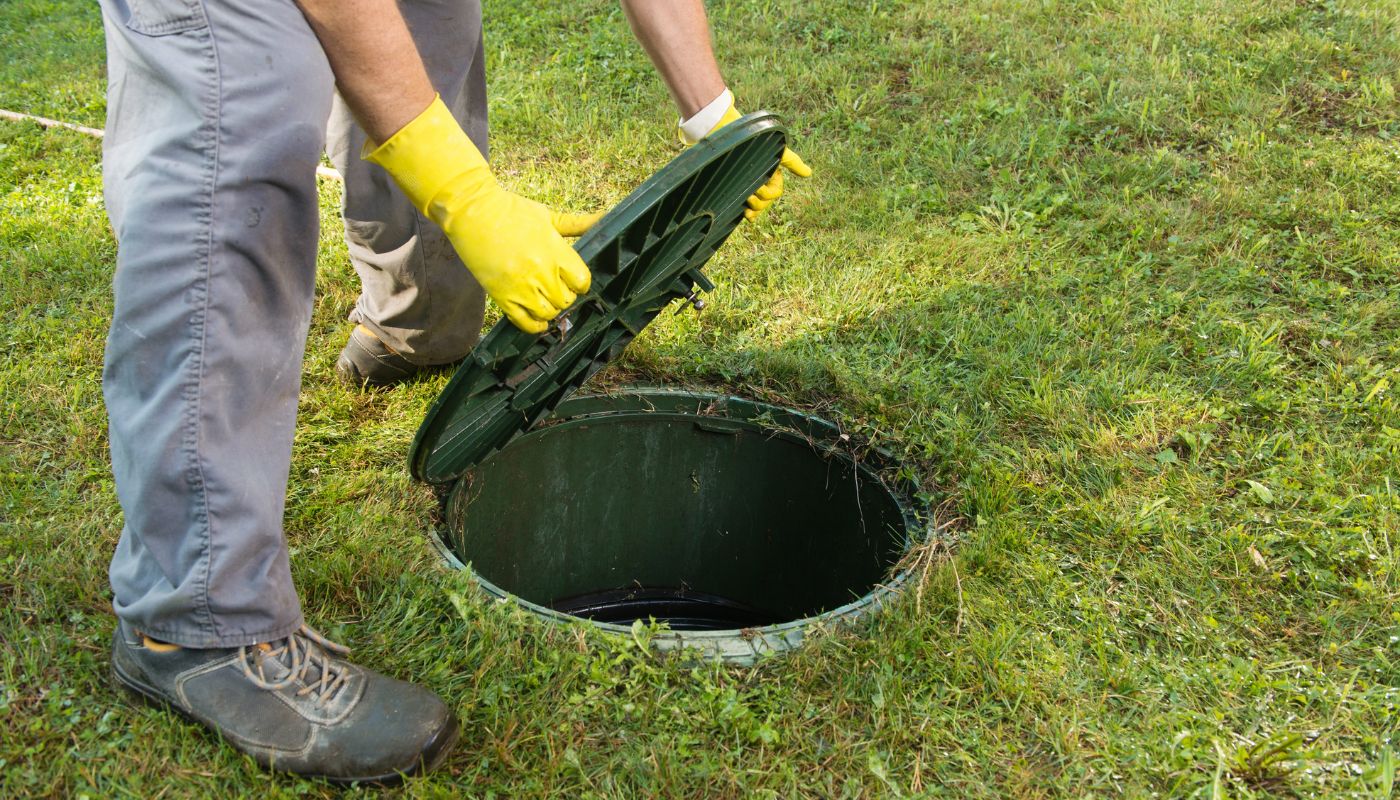When you own a home in Miami, FL, understanding local septic regulations is essential. Whether you’re building a new property, replacing an aging system, or hiring a trusted septic tank contractor, knowing the rules can save you time, money, and headaches. In this article, we cover everything Florida homeowners should know about septic regulations—from permitting and inspections to maintenance requirements and common pitfalls.
1. Why Florida’s Septic Rules Matter
Florida’s unique climate and geography—high groundwater levels, sandy soils, and heavy rainfall—make septic system regulation important. The goal of these regulations is to ensure public health, protect water resources, and promote proper system performance. Compliance isn’t optional. Failing to follow local rules can result in fines, failed inspections, or even mandatory system replacement.
2. Permitting and Site Evaluation
Before installing or replacing a septic system in Miami, you must obtain a permit from Miami-Dade County’s Department of Regulatory and Economic Resources. A permit application typically includes:
- An accurate site evaluation performed by a licensed professional
- A soil analysis and percolation test
- A detailed system design plan, drawn by a qualified septic tank contractor
Working with a reliable contractor ensures your application is clear and reduces delays. The advantage of choosing a top-rated contractor lies in their experience navigating permitting hurdles efficiently.
3. System Design Requirements
Florida has strict guidelines for septic system design. These include:
- Minimum setback distances from property lines, wells, and water bodies
- Requirements for drainfield size based on the number of bedrooms
- Specifications for tank materials, compartments, and access risers
A professional contractor using industry-leading designs helps ensure your system is approved on the first attempt. Designers typically use durable polyethylene or fiberglass tanks with proper baffles and effluent filters.
4. Installation Oversight
Once the permit is in place, installation must adhere to the approved plan. The contractor must:
- Notify the county before excavation starts
- Ensure soil removal, tank placement, and drainfield installation follow county codes
- Allow required inspections during key stages, such as tank set, drainfield placement, and clean backfill
Skipping inspections or doing unauthorized changes can lead to delays or even denial of final approval. A well-experienced septic tank contractor ensures all milestones comply with regulations and inspections pass smoothly.
5. Operation, Maintenance, and Inspections
After installation, maintaining your system is essential. Florida regulations often require:
- Regular pump-outs every 3–5 years (frequency depends on tank size and household use)
- Annual inspections by licensed professionals
- Proper household habits—no grease, chemicals, or non-biodegradable items down the drain
These steps keep your system performing at high performance levels and extend its lifespan. Routine maintenance is more cost-effective than dealing with sewage backups or drainfield failures.
6. Home Sales and Transfers
Thinking of selling your home in Miami? Florida requires a septic inspection before any property transfer if your system is older than five years. A licensed inspector must:
- Check the tank’s structural condition
- Pump out and measure solids to ensure adequate volume
- Evaluate drainfield function with a dye test
If your system fails, buyers may request repairs or replacements. Working with a proven contractor familiar with transfer inspections can help you meet requirements quickly.
7. Environment and Water Quality Concerns
Septic systems discharge effluent into the ground, which eventually reaches groundwater or surface water. Florida’s strict regulations aim to reduce the risk of:
- Groundwater contamination
- Nutrient loading of lakes, rivers, and coastal areas
- Public health risks like bacteria or viruses
If your home is near wetlands or in a high-density area, local rules may require advanced treatment systems—such as aerobic units or media filtration. These cutting-edge options offer better performance and environmental protection.
8. Common Mistakes to Avoid
Even knowledgeable homeowners and contractors can make errors. Watch out for:
- DIY installations without proper permits
- Hiring unlicensed contractors
- Failing to secure inspections at each stage
- Skipping regular pump-outs and maintenance
Always choose a trusted, local septic tank contractor who knows Miami-Dade regulations inside and out. Their results-driven approach can prevent costly missteps.
9. Cost Considerations
Costs vary depending on system type, soil conditions, and local fees. Typical ranges include:
- Permit and evaluation: $600–$1,200
- Conventional septic system installation: $6,000–$12,000
- Advanced treatment systems: $10,000–$20,000
While upfront costs may seem high, a reliable septic tank contractor can help you choose a solution that offers long-term savings through durability and lower maintenance.
10. How to Choose the Right Contractor
When selecting a septic tank contractor in Miami, look for:
- Proper licensing and insurance
- Experience with local regulations and inspections
- Top-rated reviews and proven results
- Transparent quotes with itemized costs
- Good communication and prompt responses
A well-vetted contractor ensures peace of mind and helps you avoid regulatory headaches.
Conclusion
Maintaining compliance with Miami’s septic regulations is crucial for every homeowner. From permitting and design to installation, maintenance, and property transfers, each step requires care and professional oversight. Hiring a trusted, well-experienced septic tank contractor like Septic Masters not only ensures compliance but also delivers long-term performance and environmental protection.
Septic Masters has earned a strong reputation in Miami, FL for providing reliable, top-rated service with a focus on professionalism and quality. Whether you’re installing a new system or maintaining an existing one, their team can guide you through Florida’s complex septic requirements.
By understanding local septic regulations and partnering with the right professionals, you’ll enjoy a reliable system that meets Florida’s strict standards and helps safeguard your home and community.
